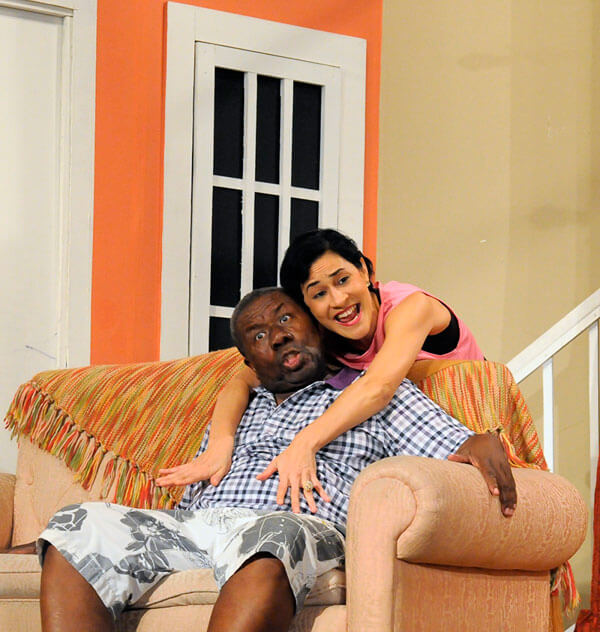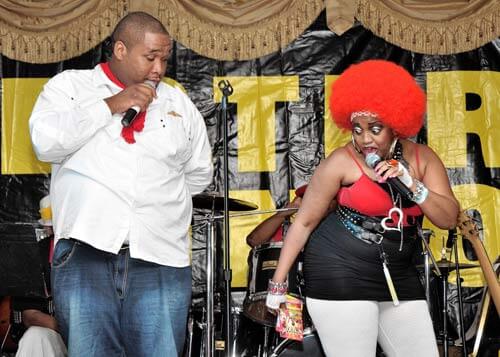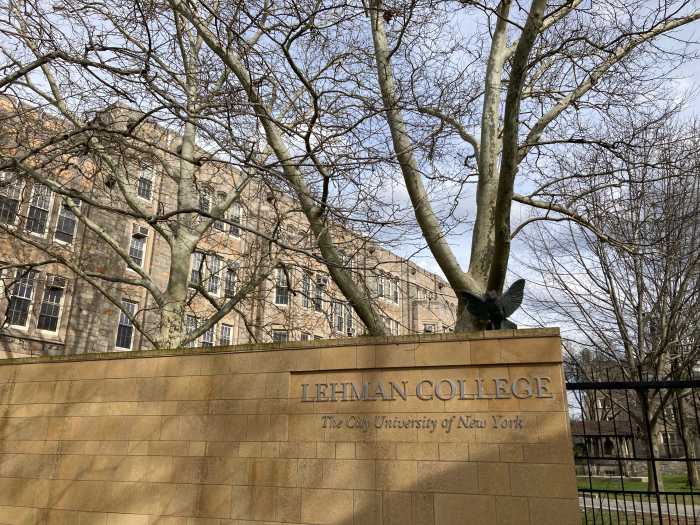After 46 years of coverage of the annual West Indian American Day Associations annual festivities in Brooklyn, in an un-precedented action, the organizers required media individuals to pay a whopping $700 in order to report on the activities.
The fee demanded reporters to pay $700 for a five-day media accreditation to report on all the activities and also allowed a Labor Day pass for $300. Any reporter or photographer wanting to report on Saturday’s junior carnival would have had to dole out a $200 fee and for all concerts held at the Brooklyn Museum, a $100 money order would have to be made out to the organizers by August 20 in order to be approved.
Imposition of a fee caused dissent and may have hampered support from minority media unable to honor the steep cost imposed by the organizers.
Allegedly, the fee was imposed in order to “control” negative press reports which “tarnish the intent and reputation” of the carnival.
Although some of the board members refuse to talk on the record about the 2014 demand, many claim they were “totally against” the idea of charging press to cover the event. Blame has been fully positioned on the new leader William Howard who is allegedly not rooted in Caribbean culture but has a record of aligning himself with politicians and maintains that the new ruling will enhance the profile of the 47th annual celebration of Caribbean heritage.
Historically, predominantly covered by independent and minority media, the four days of concerts and activities preceding the holiday are virtually ignored by traditional media. They include – Junior Carnival, Brass Fest, Steel Band Panorama and Dimanche Gras. In latter years commercial television, radio and print have spotlighted the Labor Day spectacle, which allegedly attracts upwards of two million spectators to the Crown Crown Heights section of Brooklyn. However, coverage has either been limited to the one Labor Day parade and historically alleged to highlight negative behavior, crime and at times unrelated felonious activity throughout the area and at times in remote areas from the Eastern Parkway area. Hakim Mutlaq, a freelance photographer wrote: “I would be remiss if I did not speak to what I see as a grave mistake” He said when he was sent the accreditation form he thought it was an “an internet hoax. It made no sense and it seemed like somebody was playing bad jokes.” After learning that the fee demand was in place, he was still in disbelief that “in the media capital of the world, in the year 2014, that we would find an organization attempting to charge press people for doing their jobs/covering an event.”
“Now, the workings of the Fourth Estate may be mysterious to some but one does not have to go googleing to acknowledge the importance of it in many ways,” Mutlaq wrote. He said “freedom of the press in a democratic society” was being violated.
Herman Hall, a former WIADCA board member, and publisher of Everybody’s Magazine, A Caribbean monthly called the decision antiquated. In an article he titled “Dinosaur Leadership” Hall wrote:
“The West Indian-American Day Carnival Association (WIADCA), organizer of Brooklyn’s Carnival on Labor Day Weekend in New York City, has a new chief. He is William Howard who was an aide to Carlos Lezama in the early 1970s when Lezama brought carnival-parade to Eastern Parkway.
Carnival was brought to Brooklyn from Harlem in the late 1960s by the late Rufus Gorin.
“We are almost in 2015 when the yuppie and millennial generations are energized to govern and administer. So why is the carnival association going back to the age of the dinosaur to get a leader,” one carnival bandleader quipped.
Howard is the first African-American with allegedly no Caribbean roots to head the carnival organization. He replaced Thomas Bailey who abruptly resigned.”
Inquiries to the WIADCA president were not addressed at press time.























